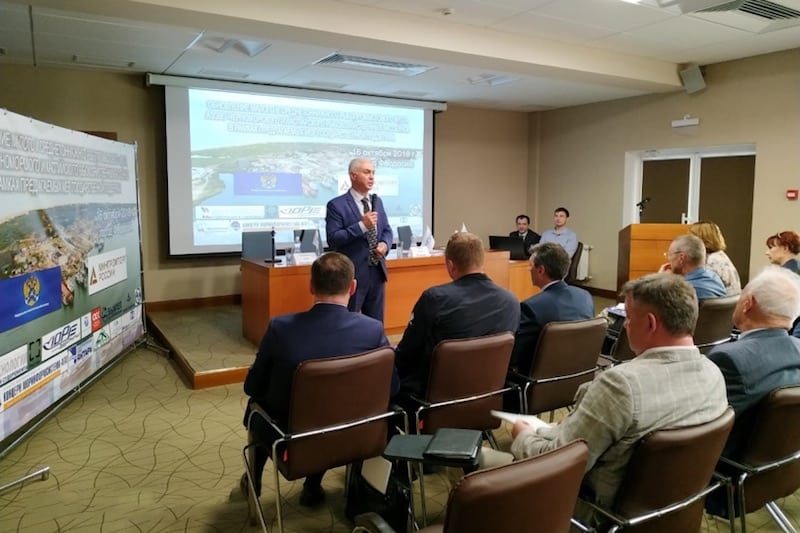As the larger end of the Russian fishing fleet has been receiving government support in the form of investment quotas, The Federal Agency for Fisheries and the Ministry of Trade and Industry have been discussing ways to encourage renewal of smaller-scale fishing vessels.
At a meeting held in Feodosia on the Black Sea coast, the Agency’s deputy head Petr Savchuk has started things off with a meeting focused on providing mechanisms to support the fishing fleets in the Sea of Azov, the Black Sea and the Caspian Sea.
Investments of as much as 10 billion rubles can be expected over a five-year period, with construction of new vessels starting in late 2019 or early 2020.
30 to 35 new fishing vessels for the Sea of Azov and Black Sea, and five to seven for the Caspian Sea are anticipated.
A financial and economic analysis by the Agency and the Ministry has determined that support for investment projects for low-tonnage vessels could range from 15 to 25% of build costs, while the purpose of the meeting was to gauge the opinions and technical requirements of the fishermen, and to involve them in discussing technical specifications with industry representatives, designers and shipyards.
As Peter Savchuk explained, if the upgrade of large-tonnage and medium-tonnage vessels is to be carried out in the coming years, primarily within the framework of the investment quotas programme, then special support is planned for the small-tonnage fleet.
‘Supporting the construction of a high-performance fishing fleet capable of operating profitably is the key to success,’ he stressed.
Designs need to take into account shore processing options, including processing for fishmeal and fish oil and potential further processing of fish feeds, dietary supplements and other high-value products.
According to the Agency, there are significant large-scale resources of hamsa, kilka and sprat to be harvested in the Sea of Azov, Black Sea and Caspian Sea.
‘The financial and economic analysis for several types of vessels confirmed the need for subsidies of up to 25% of investment in the construction of fishing vessels,’ said Nikolay Shablykov, Deputy Director of the Ministry of Trade and Industry’s Department of Shipbuilding and Marine Equipment.
‘Compensation will be provided immediately after each vessel has been commissioned and the relevant tests have been successfully completed.’
Minimum requirements will be set, based on current regulations and sectoral strategies, and requirements may relate to length, tonnage, freezing or carrying capacity, and fishing gear types. The Ministry may also develop standard designs with the focus on performance, fuel efficiency and waste-free production.
Nikolai Shablykov commented that to keep costs and construction time down, serial construction should be a considered.





